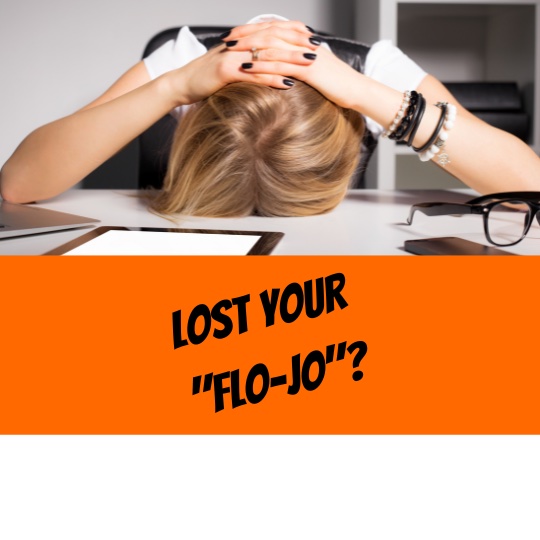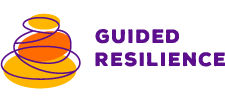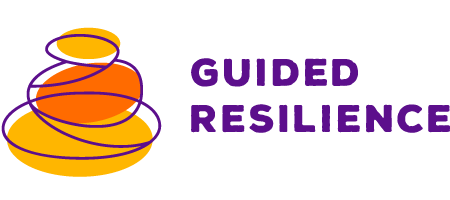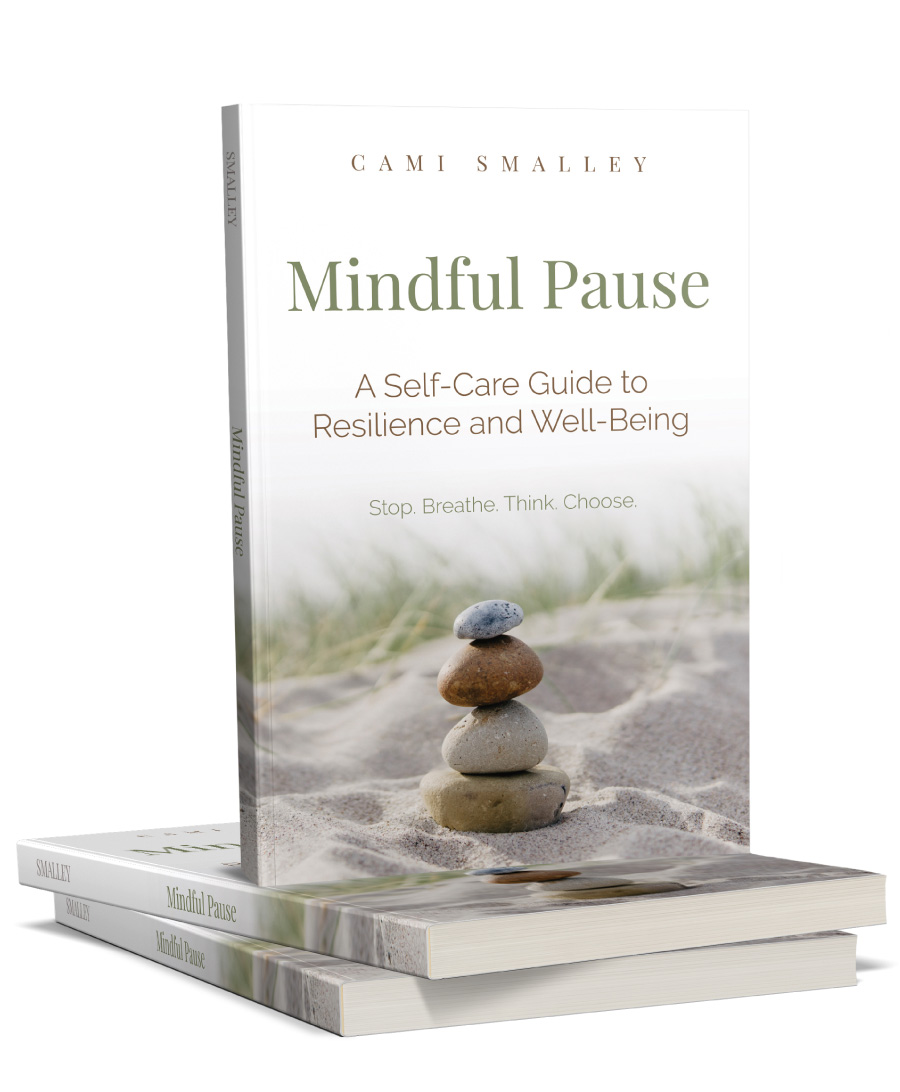
“Flow” – a state of concentration so focused that it amounts to complete absorption in an activity and results in the achievement of an ideal state of happiness. Have you lost your “flo-jo”?
Mihaly Csikszentmihalyi, the Father of ‘Flow’, died Oct. 20 of this year. His work as psychologist on the benefits of intense focus revealed that flow is what makes an experience genuinely satisfying. His book, Flow, became the classic work on happiness and was a major contribution to contemporary coaching psychology. It describes a state that can truly elevate performance and satisfaction. It can feel good and be productive and efficient – until it’s not.
With deep appreciation for what his research contributed to understanding happiness and well-being, I explored a potential trap that lies within the flow state in my book, Mindful Pause: A Self-Care Guide to Resilience and Well-Being. While not a researcher myself, I explore the idea of flow as I see it as a coach for high achieving professionals. Clients often come to me for well-being support when their “flow-jo” is gone…or depleted. That spark, engagement, and deep satisfaction that once carried them through even difficult times is replaced by much less satisfying feelings of apathy, dread, or even despair. At what point does the flow of being absorbed in your work grow into a flood with negative consequences? It might help to consider how one arrives here.
High achievers know and experience flow. Overachievers are vulnerable to losing the vitality of flow when they lose the reins on their passions, purpose, and drive.
Overachievers often acclimate to a very accelerated pace in life and work. Absorption in work can grow from minutes into hours. Missed meetings, social commitments, or a meal (or two) are collateral damage to uninterrupted engagement. Others can sit or stand in awkward positions for crazy amounts of time, completely absorbed in their task or challenge. Some become so deeply engaged in a project that hours pass without registering. These behaviors may be appropriate at times. But soon we find ourselves habituated to this way of being…and fatigue, anxiety, and overwhelm may be visitors along this path.
This ability to work without rest builds resilience for sure. Many professions train under stressful conditions to produce a resilient workforce. In flow, when individuals have the skills, interest, and sense of accomplishment to reward them, they can work incredibly long stints without rest. But without space for recuperation or rest, there comes a tipping point of diminishing returns. For some, they can become resilient to a fault.
The remedy? Being a high achiever in itself is NOT a problem. And the idea of being a “hard worker” can be lived out in countless ways. How you engage in “hard work” may be the difference between the sustainable success of an achiever and the steady decline in personal performance, health, and well-being that may overwhelm the overachiever.
One way to restore your flow-jo is to engage in a process of self-awareness, growth, and sustainable change. My Guided Resilience approach to well-being has helped countless individuals incorporate restorative practices into their lives. This path is YOUR path. Coaching guides you to walk your unique path of self-discovery, balance, and peace. You can use my book as your guide. Or we can connect by email cami@guidedresilience.com to discuss how wellness coaching might put you back on track for a rich, meaningful, and deeply satisfying life.
Some encouragement from other achievers:
“This book is just what the mind, body and soul needs to slow down and pause for long and short term self care. Coach Cami has an incredible talent to speak to those of us who are driven and high achievers and can get your attention and your focus on yourself. Her book … is an incredible read – I highly encourage to read it and apply its learnings”. – Abbey“Finally, a practice I can use in my daily life that is healing and restorative. Cami does a beautiful job of introducing and explaining concepts I thought I understood. She does so in a way that allows me to put them into practice in my daily life. I’m grateful to have found Mindful Pause”. – Jean Glaraton, Director, Within Ministries
“This book teaches us the importance of how to take care of ourselves – even when our lives are too busy. Stop/Breath/Think/Choose! In other words, we must become conscious of doing these four things so as to lead a more purposeful and authentic life. The ‘mindful pause’ is the road to good health, and this book gives us the map of how to do it”. – Dr. William Manahan, retired family physician.
“I love this book so much that I am buying copies for friends. This book has it all. There is scientific information and evidence on how a mindfulness practice supports well being. There are anecdotes and stories from both the author’s journey and the experiences of those she coaches. There are tools and exercises to help support the reader on this journey. There is a little something for everyone. And I love the nuggets of wisdom and gems scattered throughout the book. “Self-care is not selfish!” Buy this book as a way to jumpstart your journey toward a better you, you won’t be sorry you did”. -Robin P., faculty, Champlain College


